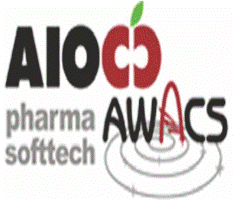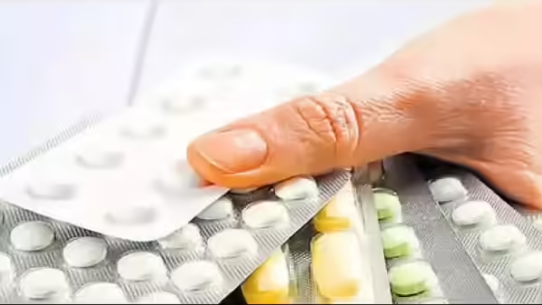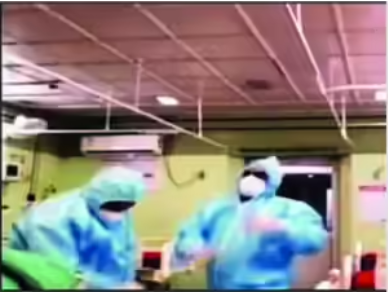
The All India Organisation of Chemists & Druggists (AIOCD), an apex body of about 8 lakh chemists and druggists in the country, has urged GST Council to introduce a special provision in the GST for return of expired drugs and formulations (reverse logistics) to resolve ambiguity prevailing among drug traders.
AIOCD in a letter to Upender Gupta, Commissioner, GST said that the average period of expiry of medicine is about three years. Prior to introduction of GST, after three years the retailers return the goods under their challan to the wholesaler who in turn return to the company. The company provides the credit note with excise duty and sales tax. There are huge number of transactions between the company and the wholesaler, and wholesaler and the retailers. Therefore, it is practically impossible to link the return quantity with the purchase invoice.
As per provisions of Drugs and Cosmetic Act, 1940 the retailer cannot prepare sales invoice on wholesaler for expired medicines. Similarly wholesaler cannot raise invoice on company for return of goods. Under GST the goods shall be returned to the wholesaler after preparing the invoice. This contradicts the provisions of the Drugs and Cosmetics Act 1940.
Hence the trade body sought clarification on the nature of document to be prepared in respect of return of expired medicines and manner of reversal of credit.
As mentioned above, normally there is a period of three years between date of manufacture and date of expiry. Therefore, the expired medicines are returned after the end of the period of annual return. For instance, the medicines purchased in 2017-18 will expire in 2020-21.
As per section 34 (2) of CGST/SGST Act 2017, the credit note can be issued for purchase made in 2017-18 by September, 2018 or the date of filing of annual return whichever is earlier.
The period provided under Section 34(2) is not sufficient for return of expired goods. It is suggested that the period for return of expired goods shall be increased considering peculiar circumstances of pharma trade.
Special provision needs to be made in GST law for reversal of purchases and tax credits beyond the period mentioned in section 34 (2), said AIOCD.
Besides this, the drug trade body also suggested that composition limit for small trader should be increase upto Rs. 1.5 crore from Rs. 75 lakh. Exemption limit shall be increased upto Rs. 50 lakh from Rs. 20 lakh. GST return should be made quarterly instead of monthly filing.








